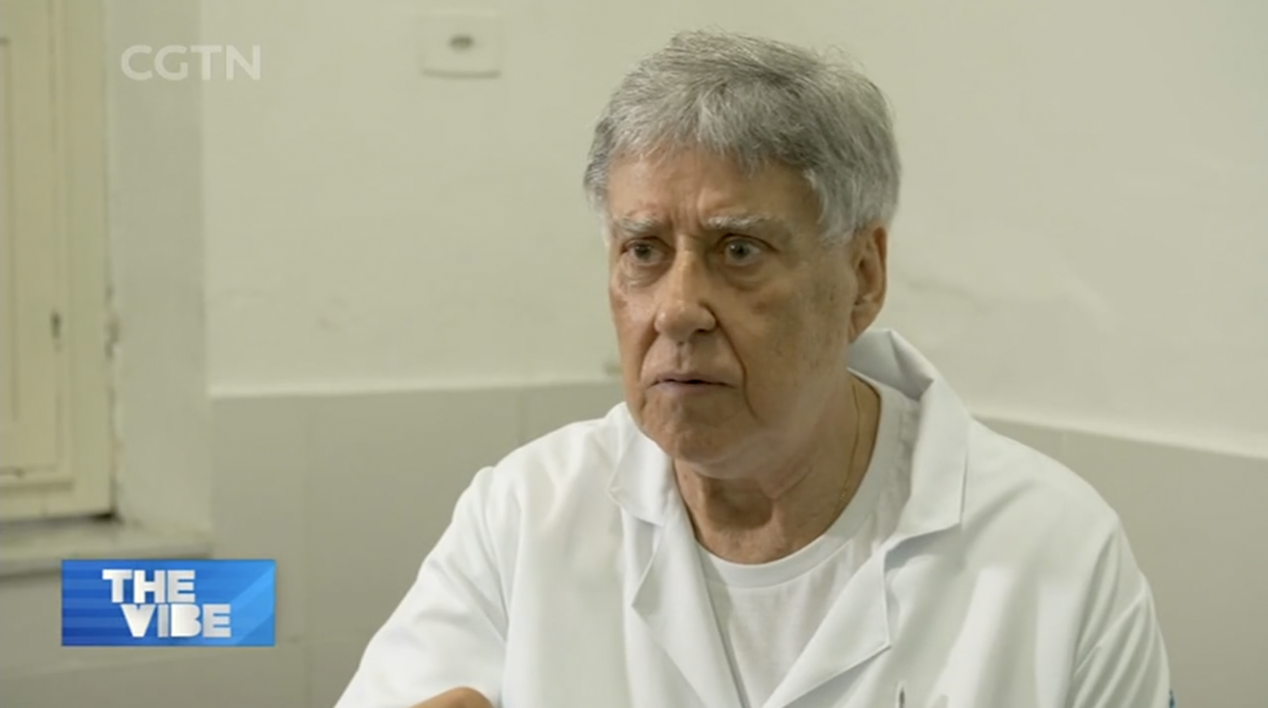Brazilians have traditionally relied on their pharmaceutical medicines to treat ailments. With the introduction of Chinese acupuncture into Brazil's health system, locals have been learning about the functions and benefits of this treatment.
04:29

Dr. Orlando Goncalves, the founder and doctor at the Institute of Acupuncture of Rio De Janeiro, said: "You use points on the skin to stimulate the nervous system, through connections with the medulla and the brain, and at the same time, the internal organs. So, through the skin, you can stimulate many functions of the body."
As a young medic, Dr. Orlando began practicing and researching the art of acupuncture in the late 1970s, and in 1984 founded the Institute of Acupuncture of Rio De Janeiro. Since then, the institute has trained 1,500 doctors specialized in acupuncture and administered some 100,000 treatments - the majority in its subsidized clinic.
"Acupuncture is wonderful for improving the quality of life and well-being of the patient. Not just for treating the illness. I always say I want to be a doctor of health, not of illness," Goncalves said.
Brazil has embraced acupuncture. It currently has 150,000 licensed practitioners, with 30,000 more being trained each year. And this new approach to healthcare is greatly benefiting Brazilians.
Sergio Almeida Soares, the doctor and acupuncturist of Brazil's public health system, Sistema Unico de Saude, is one of the first acupuncturists to work within the national health system in 2006.
He said: "Chinese medicine until today surprised me. A patient asked me, 'Will acupuncture only lessen my pain?' I told him no, the pain is just the tip of the iceberg. There are other problems as well. He doesn't sleep well at night. Acupuncture will help improve his kidney function. Consequently, he'll sleep better. His anxiety will lessen."
The impact of acupuncture on Brazilians' health is both significant and wide-reaching. It not only cures specific illnesses, but significantly improves the overall health of hard-working people.